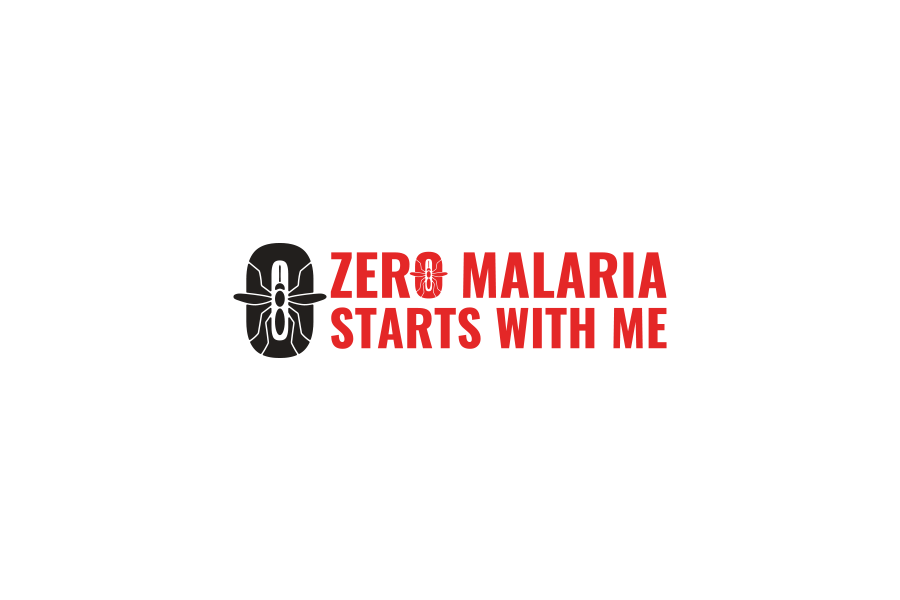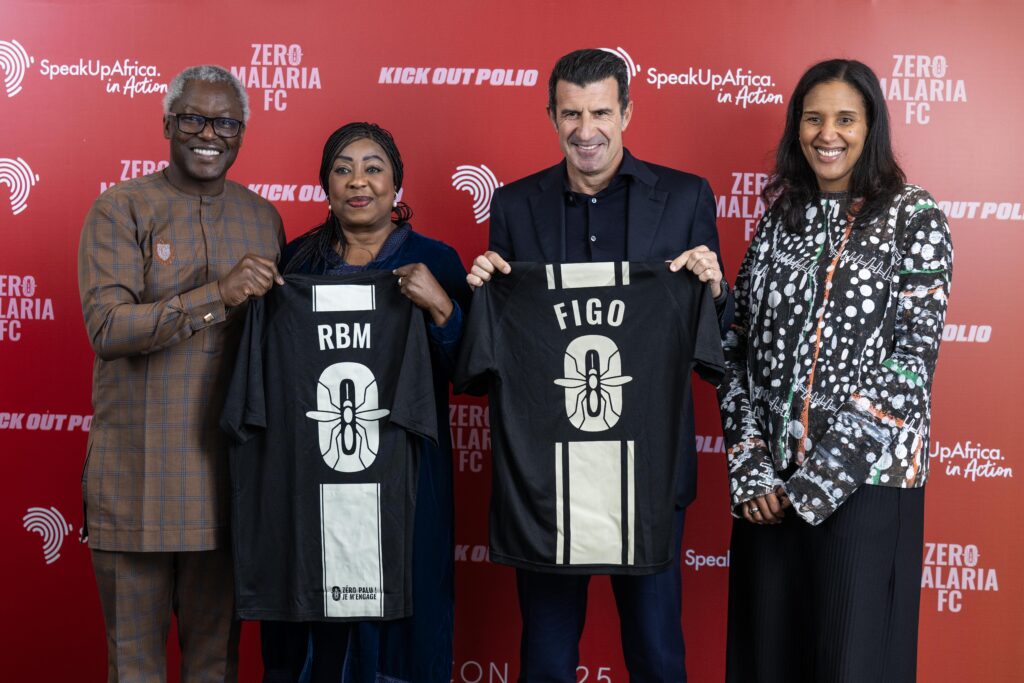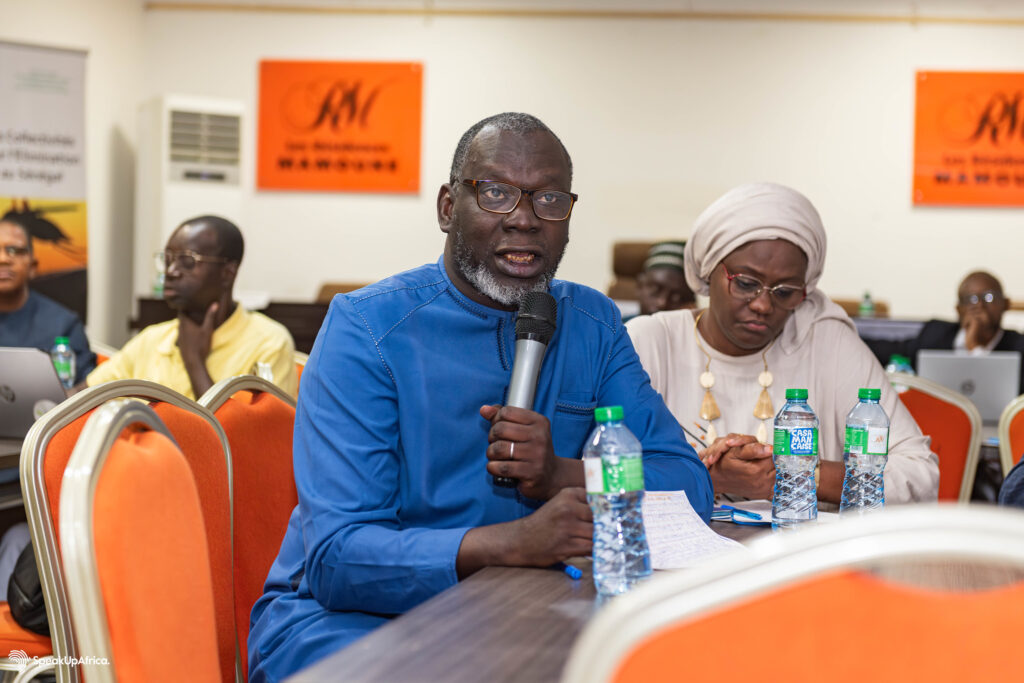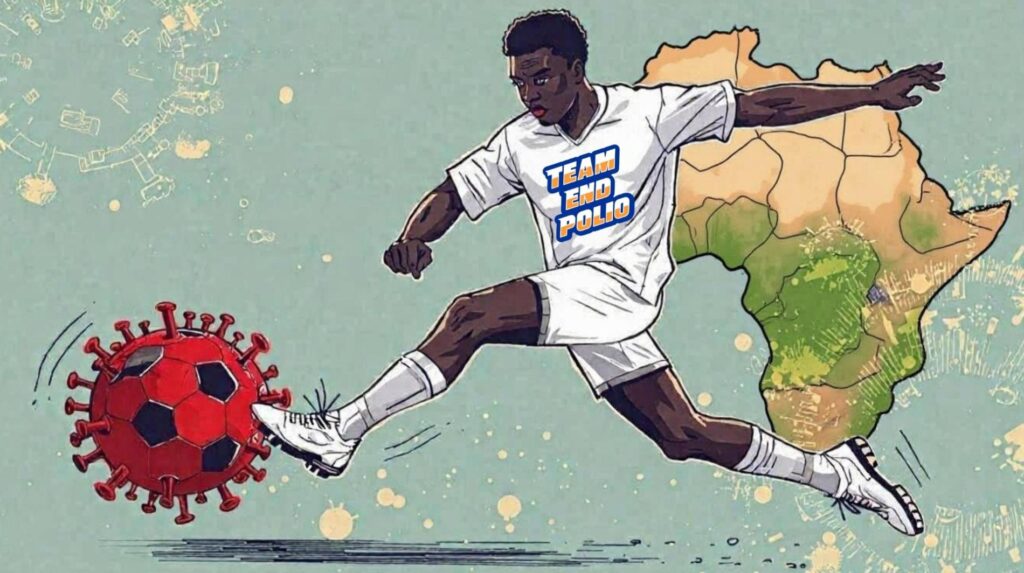How Africa is Reinvesting, Reimagining and Reigniting the fight against Malaria
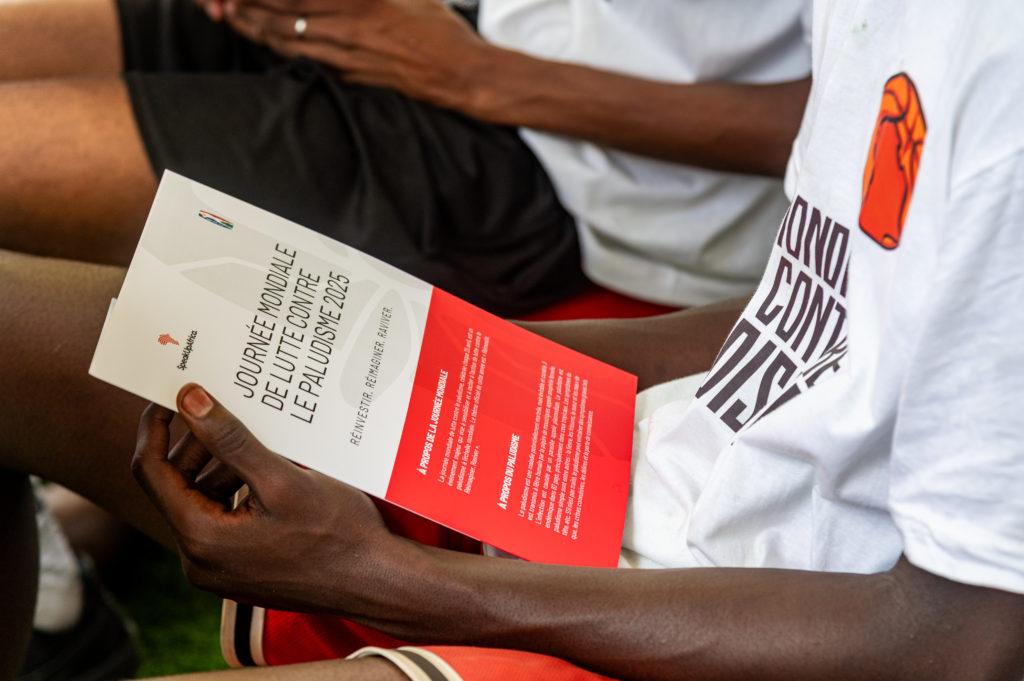
Progress against malaria is stalling, risking a dangerous resurgence of the disease within Africa and beyond. Malaria remains a major cause of death among children under 5 and pregnant women, with Africa carrying the heaviest malaria burden.[1] In the face of significant funding gaps, coupled with rising threats such as drug and insecticide resistance, it is more important than ever to reinvest, reimagine and reignite the fight against malaria. On World Malaria Day (25 April), African leadership across the private and public sectors, in partnership with technical and financial partners, did exactly that.
Mobilizing Domestic Resources
Domestic government resource mobilization has been a hallmark of this years’ World Malaria Day. Burkina Faso marked its increased commitment to the fight against malaria by officially launching its National Multisectoral Committee for the Elimination of Malaria (CONAMEP), a first in French-speaking Africa, on 25 April.

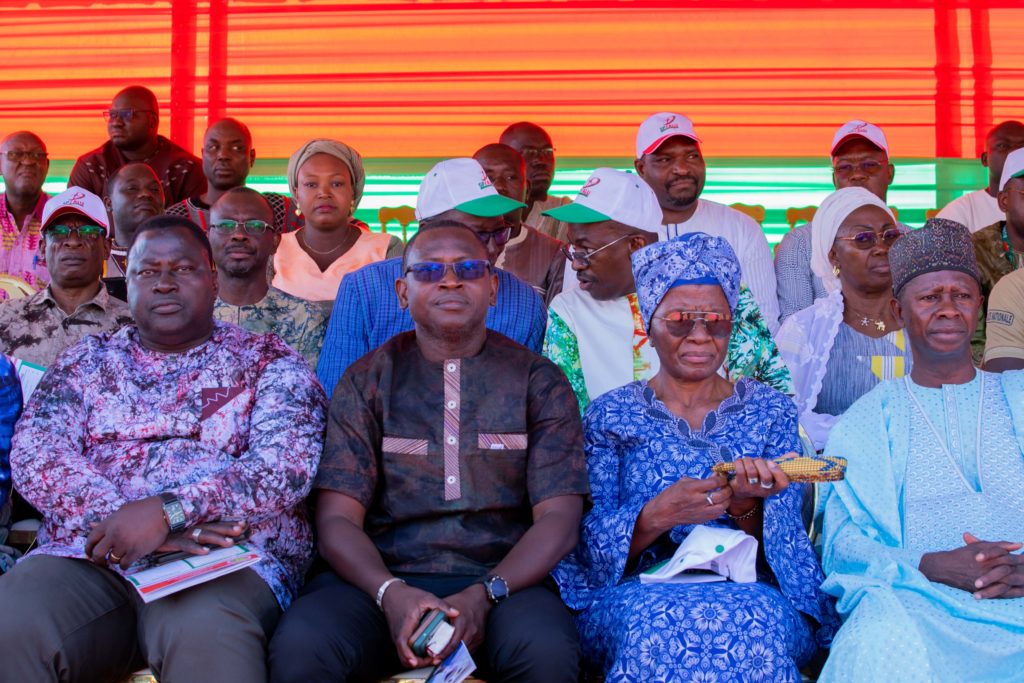
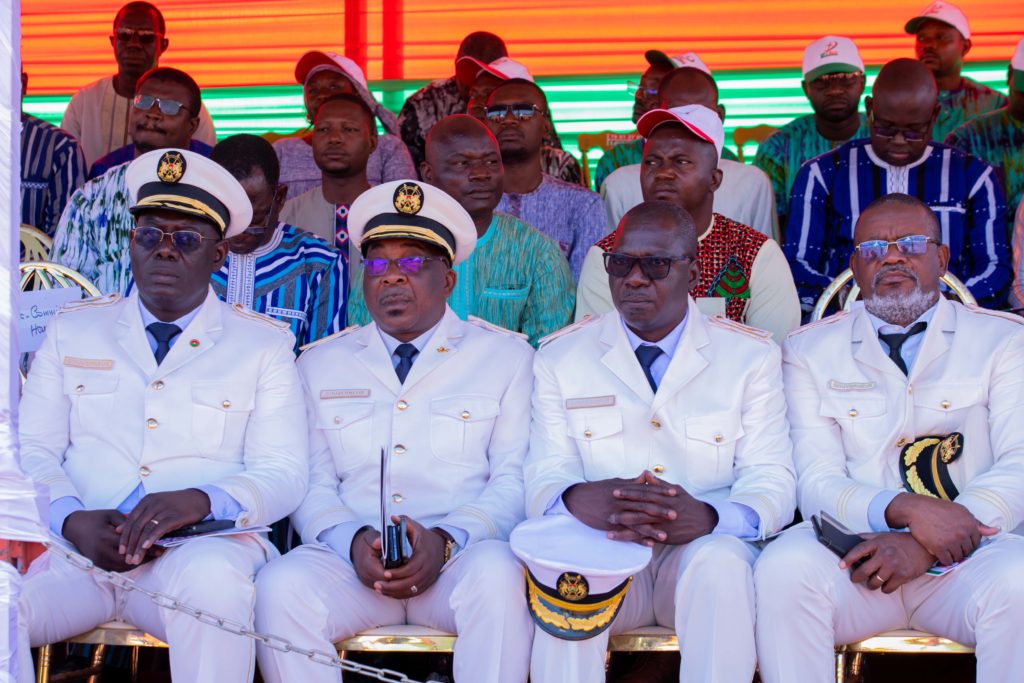
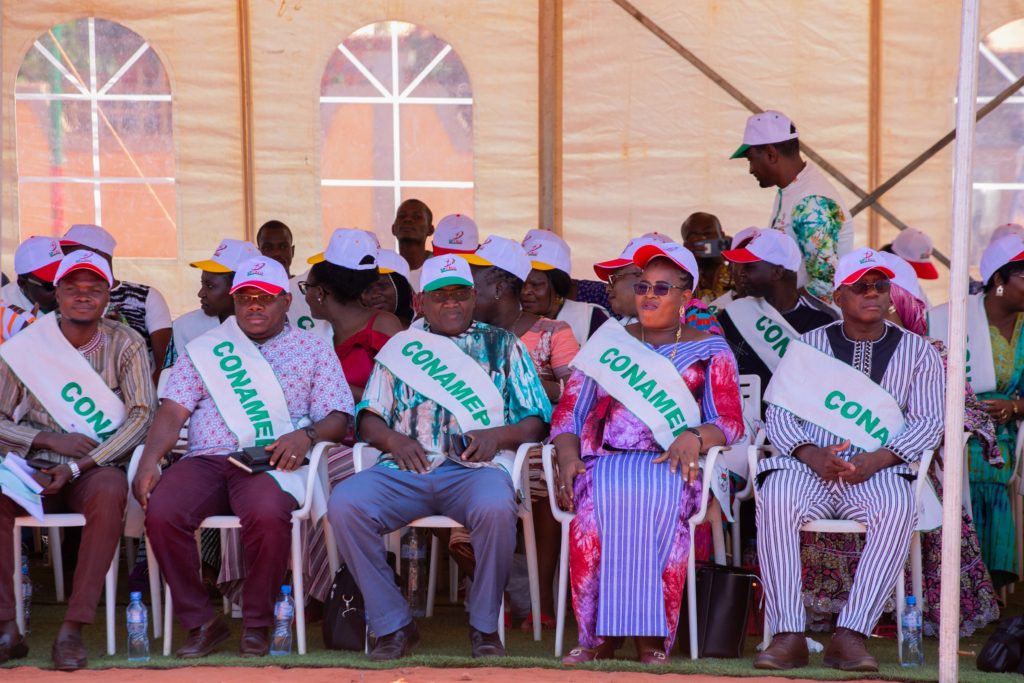
The creation of CONAMEP is laying the groundwork for increased mobilization of domestic and international resources and strengthened collective accountability. Its launch was held under the high patronage of the Minister of Territorial Administration, Mr. Émile Zerbo, and in the presence of the Ministers of Health, Basic Education, and Secondary and Vocational Education, as well as numerous authorities and technical and financial partners.
This committee symbolizes a new dynamic, based on multisectoral coordination, shared accountability, and concerted action. April 25 2025, marks not just a ceremony, but the birth of a movement for malaria elimination in Burkina Faso.
In Benin, our partners in government, parliament and the private sector have continued to show remarkable commitment to the malaria elimination agenda. This year, the government’s budget is an astounding 4 times higher than it was in the period 2020-2022, demonstrating that the government is willing to put money behind its political commitments.
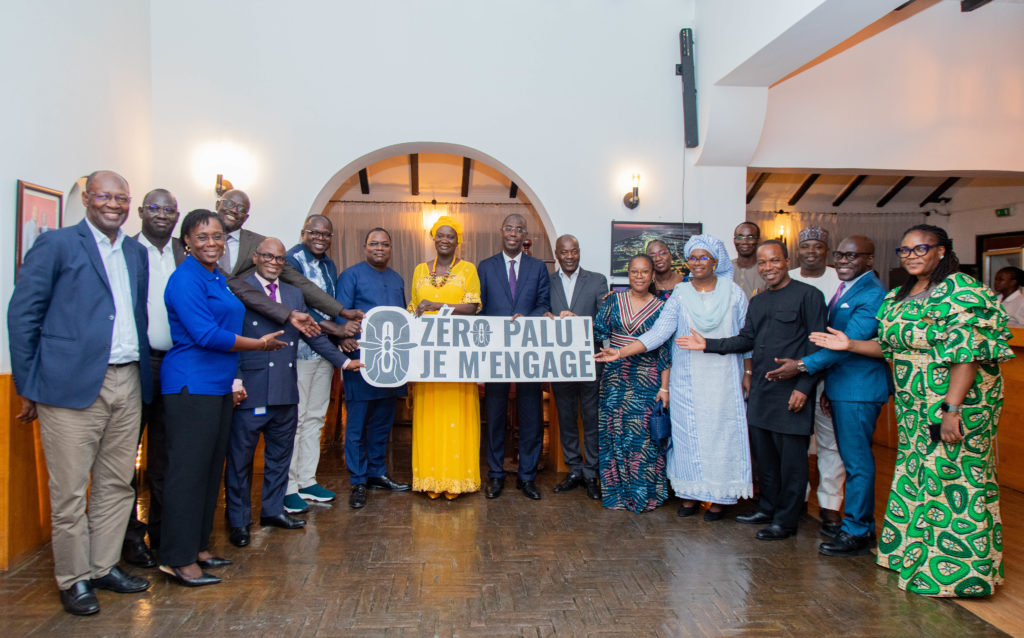
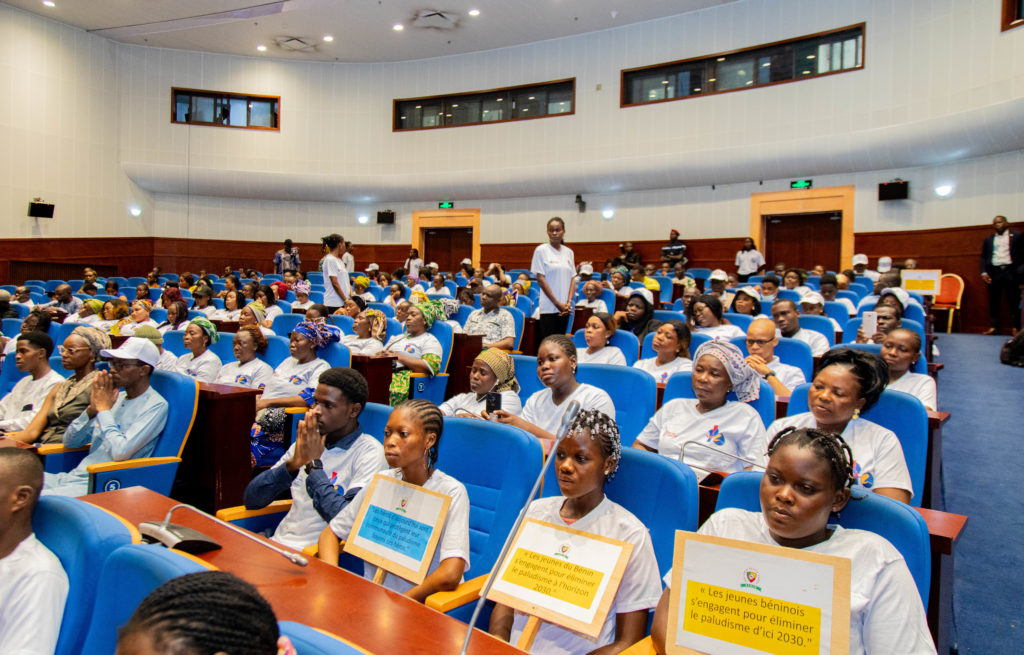
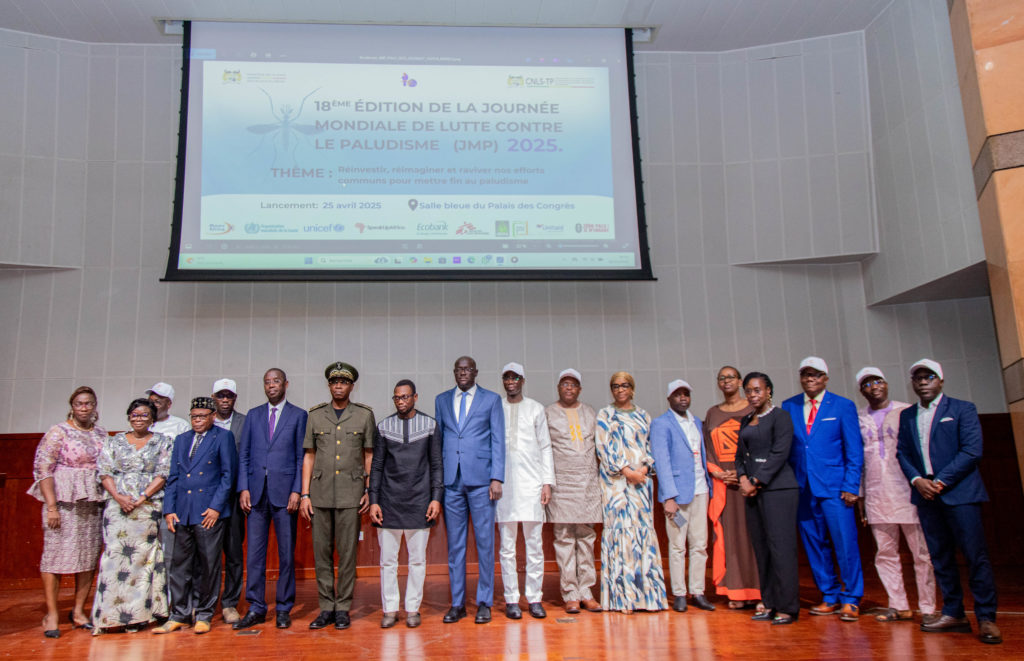
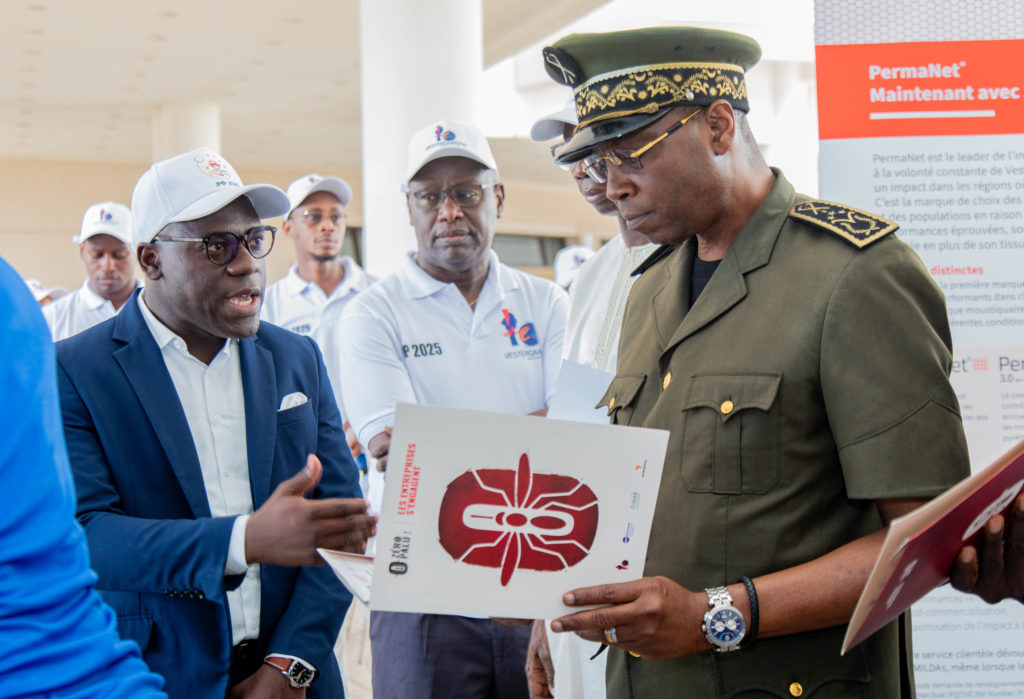
In the run-up to World Malaria Day a high-level dinner brought together members of the Zero Malaria Fund’s Multisectoral Steering and Resource Management Committee and the representatives of several UN agencies in order to discuss seriously the challenges of the current financing landscape and potential innovative solutions to supplement existing resources dedicated for malaria control efforts.
During the official World Malaria Day celebration, the Minister of Health Pr. Benjamin I. B. Hounkpatin, reiterated the essential role of all parties, especially the private sector, in building a healthier, more resilient future for all, saying that “every minute, a child dies in the world because of malaria; the end of the disease is not a utopia, it’s possible. »
In Senegal, the private sector took centre stage ahead of World Malaria Day when Speak Up Africa, Canal+ Senegal, and the National Malaria Control Program (NMCP) marked a strategic milestone in the fight against malaria in Senegal by partnering to strengthen awareness, accelerate prevention efforts, and mobilize sustainable resources to eliminate the disease, all in line with the priorities of Senegal’s National Strategic Plan to combat malaria.
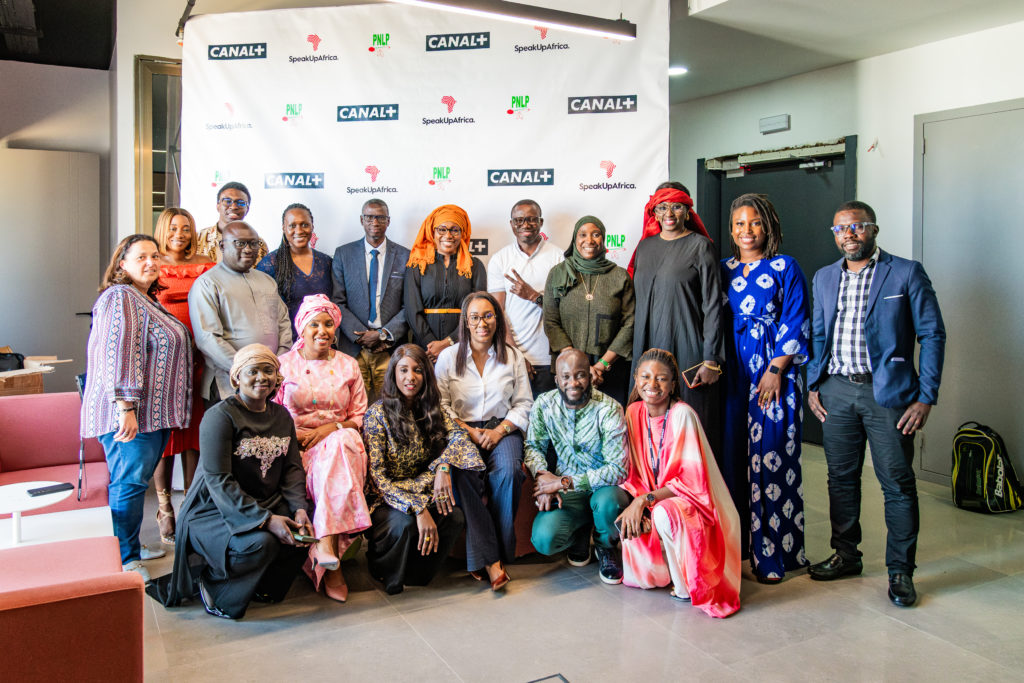
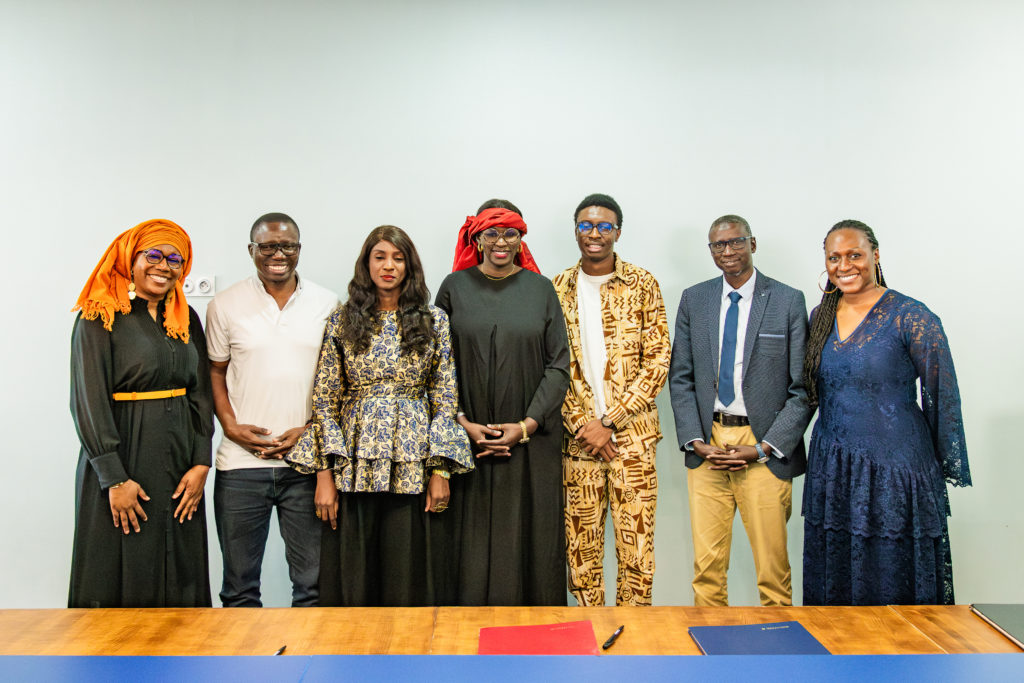
“Media plays a vital role in malaria prevention. Through mass communication, we can reach wide audiences, educate them, and encourage life-saving behaviors. The private sector has a key role to play. We invite all companies to join forces with public and civil society actors to eliminate this disease. Together, we can save lives.” Ms. Fatou Sow Ba, Managing Director, Canal+ Senegal
Since 2021, Speak Up Africa and Canal+ have built a solid partnership to support malaria elimination efforts in Francophone Africa. During this period, Canal+ has contributed over $1.5 million through media support and direct donations. The company has leveraged its wide media reach and CSR initiatives to raise awareness, support prevention efforts, and strengthen health systems in collaboration with national health programs.
Protecting malaria progress by closing the finance gap
The global health financing landscape is in a worrying state. Faced with declining funding from certain donor countries, notably the United States, financing mechanisms for malaria elimination are now more critical than ever, including the 8th replenishment round of the Global Fund, which, if underfunded, risks millions of lives and stalling the hard-won gains against malaria.
France, which is the second-largest donor to the Global Fund and the largest European contributor, plays a central role in global health. This is why on World Malaria Day in Paris, Speak Up Africa joined Team Zero Malaria, led by the Friends of the Global Fund Europe, Esprit d’Ébène, and Local Officials Against Malaria, to call for France to reaffirm its historic commitment to global health. The event went on to raise awareness of the persistent challenges posed by malaria, reaffirm France’s crucial role in global health, call for an ambitious contribution to the Global Fund replenishment, and highlight recent innovations and the complementarity of multilateral health actors.
« In this pivotal year, France can and must continue to make its voice heard for inclusive and ambitious global health. The Global Fund alone provides 59% of international financing for the fight against malaria. It is a unique instrument of solidarity and health justice. It is urgent to give it the means to achieve its ambitions » – Hélène Berger, Director of Friends of the Global Fund Europe.
Youth Engagement for Malaria Elimination
We believe in the power of young people to transform the fight against malaria – young people represent a powerful force for change and their involvement and leadership is crucial to eliminating malaria. By harnessing their energy, values-based motivation and social connections to disseminate information, generating innovative solutions and changing behaviour and community norms, we can make zero malaria a reality much sooner.
This World Malaria Day Speak Up Africa in Senegal, in partnership with the Basketball Africa League (BAL), organized a School of Champions educational workshop for 50 young basketball players as the first major activity on a newly inaugurated basketball court in the neighbourhood of Yoff in Dakar. The workshop was led by Abdou Touré (aka Tonton Vert), an activist who works on health, climate change, and youth engagement issues, appointed as a “Zero Malaria Champion” in 2024. It aimed to raise awareness by informing participants about the individual and collective impact of malaria, the existing tools available to fight malaria, as well as encouraging them to become active champions in their communities.
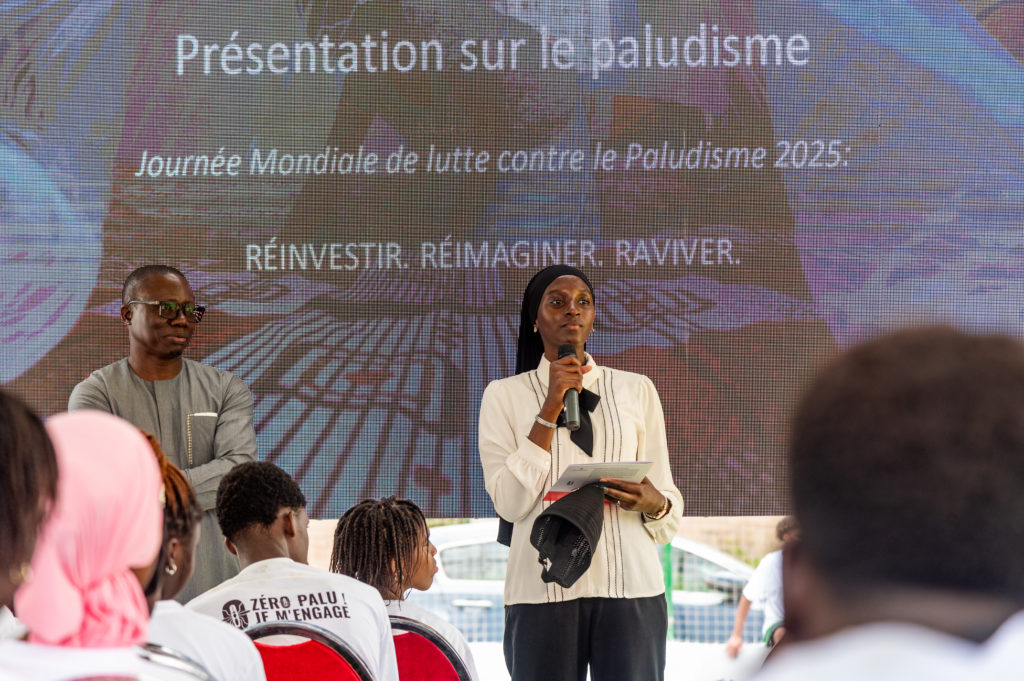
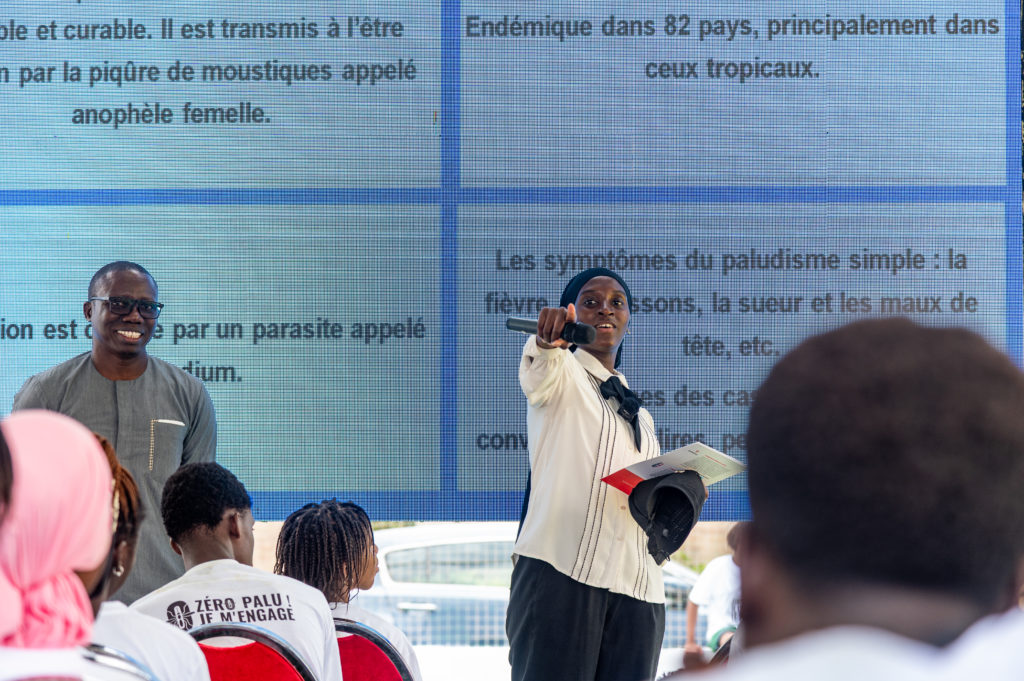
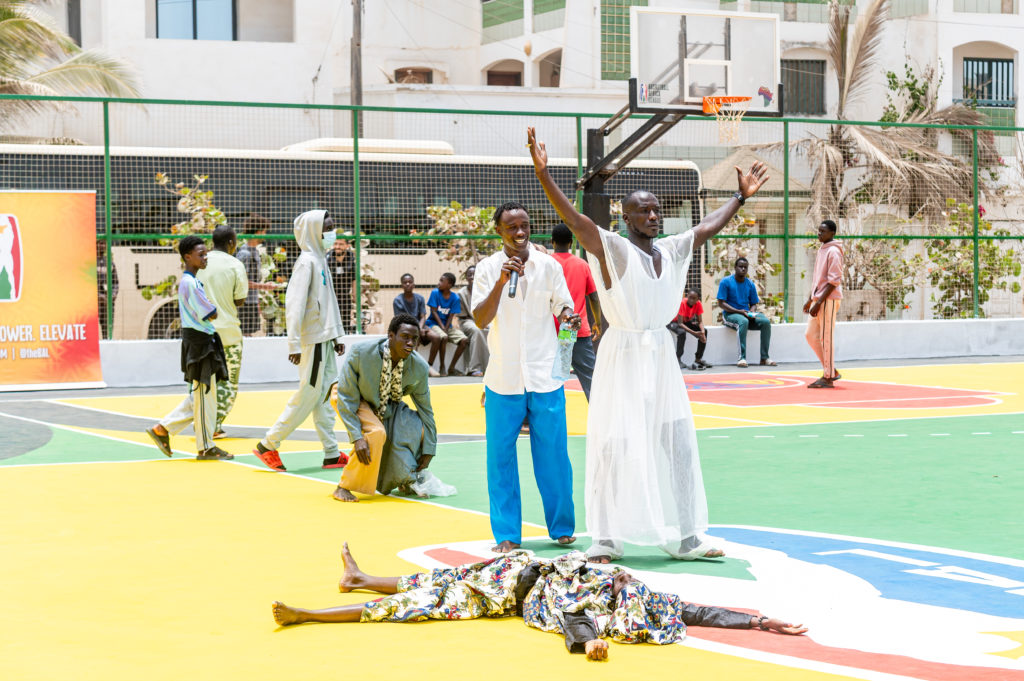

One of the highlights of the workshop was the inspiring story of El-Hadj Diop, a true champion in the fight against malaria. His journey served as a role model for the young basketball players in attendance, reminding everyone that it is possible to take concrete action against this disease.
The Mayor of Yoff, Seydina Issa Laye Sambe, also made a strong impression with his speech, urging the youth not to underestimate malaria and to remain champions—not only on the court but also in their commitment to the health of their communities. Malaria elimination is a pathway to equity, resilience, and a shared prosperity. And with the right leadership and investment from both public and private sectors, we can make zero malaria a reality.
[1] In 2023 alone, according to the WHO World Malaria Report, nearly 263 million new cases were recorded worldwide, resulting in 597,000 deaths, mostly in sub-Saharan Africa.
